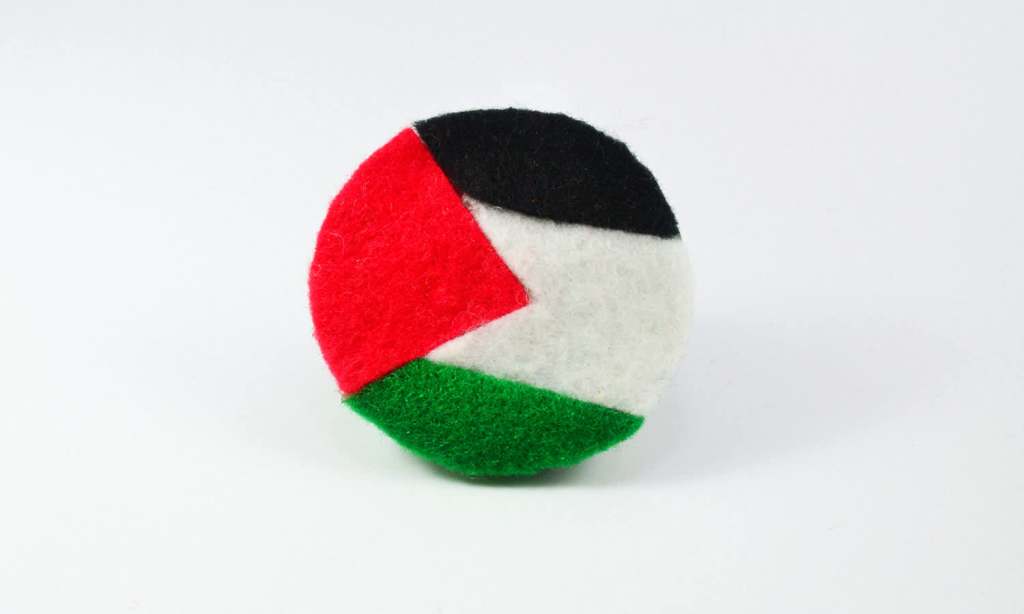With just hours to go before the Sydney Festival opens, more than 25 performers and arts organisations, some 10% of the total acts, have pulled out in a boycott of the event, threatening the overall viability of the festival.
The protest, staged by artists like Barkaa and Marcus Whale, comedian Tom Ballard, and journalist Amy McQuire, is in response to a $20,000 grant from the Israeli Embassy in Canberra to support the work of Israeli artists during the festival.
A number of festival events will no longer go ahead, including the staging of the acclaimed play Seven Methods of Killing Kylie Jenner and the Bankstown Poetry Slam.
Critics write that “arts, culture, and politics cannot be separated” and that the sponsorship is an “art-washing” of the atrocities committed by Israel against Palestinians living in the occupied territories of Gaza and the West Bank.
View this post on Instagram
In an open letter, the Boycott, Divestment, and Sanctions Australia group writes that:
“Israel funds cultural events and ambassadors to ‘art-wash’ the human rights violations it perpetrates against the Palestinians by presenting itself as a normal ‘democracy’ and one which can be accepted internationally, despite its ongoing grave violations of human rights and international law”.
Sydney Festival has responded to the claims by saying that they respect the rights of all groups to protest and raise concerns but that the performances of those who wish to perform will still go ahead.
“The Board has also determined it will review its practices in relation to funding from foreign governments or related parties.”
The plight of the Palestinians, and this issue in particular, has also evoked deep solidarity within sections of the Australian Indigenous community who see parallels between the colonial dominance of Israel and the removal of Arabs from their homeland and the historical and ongoing treatment of First Nations people at home.
While this debate rages, on the other side of the planet, Emma Watson is being called an anti-Semite for her own support of Palestine.
The 31-year-old actress, famed for her portrayal of Hermione Granger in the Harry Potter film series, posted an image to her Instagram of a pro-Palestinian protest banner with the phrase “solidarity is a verb.”
The post attracted the fire of Danny Danon, former Israeli ambassador to the UN who tweeted “10 points from Gryffindor for being an anti-Semite.” While Danon received criticism online for his attack on Watson, the post remains up.
The issue here is that Danon is equating support for Palestinians with hatred for Jewish people. This argument assumes that the oppression of Palestinians is something that all Jewish people do and is an inherent quality of being Jewish. Nothing could be further from the truth. Thankfully our own debate has not descended into such heavy claims, but it’s worth repeating that the defense of Palestine does not and should not have anything to do with bigotry and racism.
In defending the performance of Decadence, the contemporary dance piece at the centre of the controversy, Liam Getreu, Executive Director of the New Israel Fund Australia writes that “There is nothing out of hand illegitimate — and certainly not inherently antisemitic — about a boycott of Israel”.
“This is particularly so when the call comes from Palestinians themselves whose personal and collective experiences with the conflict trump claims they might be unfairly and disproportionately targeting Israel for opprobrium,” he says.
This stance is in accordance with the definition of anti-Semitism supported by the International Holocaust Remembrance Alliance who writes that anti-Semitism is “a certain perception of Jews, which may be expressed as hatred toward Jews”. This could also include, according to them, a “targeting of the state of Israel, conceived as a Jewish collectivity”.
However, “criticism of Israel similar to that levelled against any other country cannot be regarded as anti-Semitic,” they write.
Does this boycott, therefore, fall into the category of criticism of the state of Israel beyond that which would be expected to be levelled at any other country performing the same actions? Hardly, given the length and severity of the ongoing persecution of Palestinian people, who continue to have their houses and livelihoods destroyed and are denied a right to return to their land.
Jennine Khalik, one of the key organisers of the boycott, writes that: “The ultimate condemnation of an intolerable situation is the withdrawal of labour. This is a question of Israeli state funding, not Jewish or Israeli participation”.
Indeed, when divestment, boycotting and sanctioning Israel and its actions overseas is the only tool available to the Palestinian diaspora and their supporters, it seems like the only just action. This is something legendary Jewish academic Noam Chomsky has written extensively about, comparing the international pressure put upon South Africa to end apartheid with the current global movement against Israel.
Interestingly, Decadence choreographer Ohad Naharin is a decidedly outspoken critic of Israeli foreign and domestic policy in regard to Palestinian people and the unfortunate brunt that his work has come to bear for the actions of his nation is perhaps poorly targeted. However, it’s a debate that needs to happen and one that will keep cropping up until a proper solution and a lasting peace is made in the Middle East.
Read more stories from The Latch and subscribe to our email newsletter.







